Thankful for strong partnerships while waiting to resume fieldwork
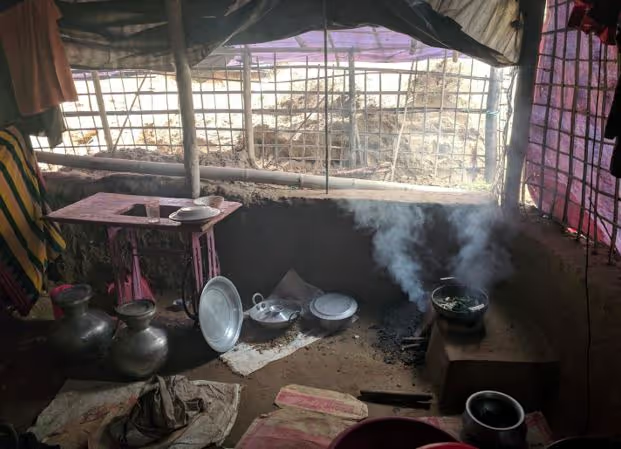
As we prepare to resume fieldwork in the Rohingya refugee camps in Cox’s Bazar, Bangladesh, I reflect on the value of multi-pronged data collection and strong collaborations to overcome unexpected changes to the situation.
This research started from an interest in mapping the deforestation in Bangladesh that had accelerated after the arrival of nearly 1 million Rohingya refugees from Myanmar into Bangladesh. It quickly developed into a larger study to investigate the impact of a widespread liquid petroleum gas distribution (LPG) programme being rolled-out across the camps.
Our research goals seek to quantify the impact of distributing LPG on respiratory disease; food security; sexual, physical, and verbal harassment and violence; household income; fuel expenditures; and time collecting fuel and cooking. We aim to quantify how LPG distribution has impacted the rate of deforestation, elephant habitat loss, and landslide risks. With an eye to produce immediately actionable results, we also aim to evaluate users’ satisfaction with distribution, LPG uptake and exclusive use, and the cost-effectiveness of the program. Our research goes far beyond a program evaluation to rigorously identify a range of intervention impacts and assess the generalizability of these impacts.
As the research got underway, we relied on face-to-face meetings and frequent, transparent email communication with the Bangladesh government and camp and neighborhood leaders to rapidly obtain approval to work in the camps. It was crucial that the local research institution, the International Centre for Diarrhoeal Disease Research, Bangladesh (icddr,b) is a very well-respected public health research organization and hospital that is also an autonomous part of the Government of Bangladesh. The ability of our staff to quickly develop friendly ties with neighborhood leaders was also key in obtaining information that had to be sent one text at a time given the limited phone and internet access in the camps.
No project is without its setbacks. Our setback came in the form of a global pandemic. In an effort to prevent coronavirus from entering the camps, the camps were closed to all but essential activities. The camp lockdown came just a few weeks before we planned to launch our endline survey. We halted our preparatory activities with the hope that the virus would stay out of the camp, and waited.
…and waited
…and waited.
There was uncertainty about when the camp would re-open and the extent of the re-opening or when icddr,b would again allow staff into the field. We kept our lines of communication open and check in frequently. Rather unexpectedly, we have just received approval from icddr,b and the camp governance to resume our fieldwork. Our staff has received COVID-19 safety training from icddr,b, which includes staff wearing masks and/or face shields, giving the respondent a mask and asking them to wear it, and staying 6 feet away from the respondent.
We are looking forward to conducting our endline household surveys and sensor measurements to understand the impact of the LPG intervention. Exposure to coronavirus and the camp lockdown likely affected some of the changes we were interested in assessing. Rates of respiratory illness may have been impacted by exposure to coronavirus, although it is difficult to tell how much the camp was impacted by coronavirus given extremely limited COVID-19 testing and reduced rates of healthcare-seeking in the camp. Food security and household income and expenditures may have been affected because during the lockdown refugees were unable to work as daily laborers outside the camp, received dry food on a monthly rather than weekly basis, and may have had reduced access to fresh food markets.
However, we expect that we will still be able to assess the impact of LPG distribution on respiratory illness by examining clinic records over the last several years. We will also gain some understanding of how LPG distribution impacted food security and fuel expenditures by using the baseline survey data. We are fortunate that the delayed data collection likely did not impact changes in indoor air pollution or rates or deforestation. We’re now doubly-thankful that we planned into our study a variety of data collection methods, including qualitative and quantitative measures, to answer each of our research questions.
Stakeholders involved in the LPG distribution and SAFEPlus program are eager for our results as well. We are thankful that many of these stakeholders have worked together with us to facilitate the success our project has experienced thus far. Our strong partners have been fully engaged from the inception of the project, sharing their goals and concerns, and visions for how the data may be used. We look forward to sharing our results and facilitating the research uptake that is so important to bridging research results and research impact.As we prepare to resume fieldwork in the Rohingya refugee camps in Cox’s Bazar, Bangladesh, I reflect on the value of multi-pronged data collection and strong collaborations to overcome unexpected changes to the situation.
This research started from an interest in mapping the deforestation in Bangladesh that had accelerated after the arrival of nearly 1 million Rohingya refugees from Myanmar into Bangladesh. It quickly developed into a larger study to investigate the impact of a widespread liquid petroleum gas distribution (LPG) programme being rolled-out across the camps.
Our research goals seek to quantify the impact of distributing LPG on respiratory disease; food security; sexual, physical, and verbal harassment and violence; household income; fuel expenditures; and time collecting fuel and cooking. We aim to quantify how LPG distribution has impacted the rate of deforestation, elephant habitat loss, and landslide risks. With an eye to produce immediately actionable results, we also aim to evaluate users’ satisfaction with distribution, LPG uptake and exclusive use, and the cost-effectiveness of the program. Our research goes far beyond a program evaluation to rigorously identify a range of intervention impacts and assess the generalizability of these impacts.
As the research got underway, we relied on face-to-face meetings and frequent, transparent email communication with the Bangladesh government and camp and neighborhood leaders to rapidly obtain approval to work in the camps. It was crucial that the local research institution, the International Centre for Diarrhoeal Disease Research, Bangladesh (icddr,b) is a very well-respected public health research organization and hospital that is also an autonomous part of the Government of Bangladesh. The ability of our staff to quickly develop friendly ties with neighborhood leaders was also key in obtaining information that had to be sent one text at a time given the limited phone and internet access in the camps.
No project is without its setbacks. Our setback came in the form of a global pandemic. In an effort to prevent coronavirus from entering the camps, the camps were closed to all but essential activities. The camp lockdown came just a few weeks before we planned to launch our endline survey. We halted our preparatory activities with the hope that the virus would stay out of the camp, and waited.
…and waited
…and waited.
There was uncertainty about when the camp would re-open and the extent of the re-opening or when icddr,b would again allow staff into the field. We kept our lines of communication open and check in frequently. Rather unexpectedly, we have just received approval from icddr,b and the camp governance to resume our fieldwork. Our staff has received COVID-19 safety training from icddr,b, which includes staff wearing masks and/or face shields, giving the respondent a mask and asking them to wear it, and staying 6 feet away from the respondent.
We are looking forward to conducting our endline household surveys and sensor measurements to understand the impact of the LPG intervention. Exposure to coronavirus and the camp lockdown likely affected some of the changes we were interested in assessing. Rates of respiratory illness may have been impacted by exposure to coronavirus, although it is difficult to tell how much the camp was impacted by coronavirus given extremely limited COVID-19 testing and reduced rates of healthcare-seeking in the camp. Food security and household income and expenditures may have been affected because during the lockdown refugees were unable to work as daily laborers outside the camp, received dry food on a monthly rather than weekly basis, and may have had reduced access to fresh food markets.
However, we expect that we will still be able to assess the impact of LPG distribution on respiratory illness by examining clinic records over the last several years. We will also gain some understanding of how LPG distribution impacted food security and fuel expenditures by using the baseline survey data. We are fortunate that the delayed data collection likely did not impact changes in indoor air pollution or rates or deforestation. We’re now doubly-thankful that we planned into our study a variety of data collection methods, including qualitative and quantitative measures, to answer each of our research questions.
Stakeholders involved in the LPG distribution and SAFEPlus program are eager for our results as well. We are thankful that many of these stakeholders have worked together with us to facilitate the success our project has experienced thus far. Our strong partners have been fully engaged from the inception of the project, sharing their goals and concerns, and visions for how the data may be used. We look forward to sharing our results and facilitating the research uptake that is so important to bridging research results and research impact.
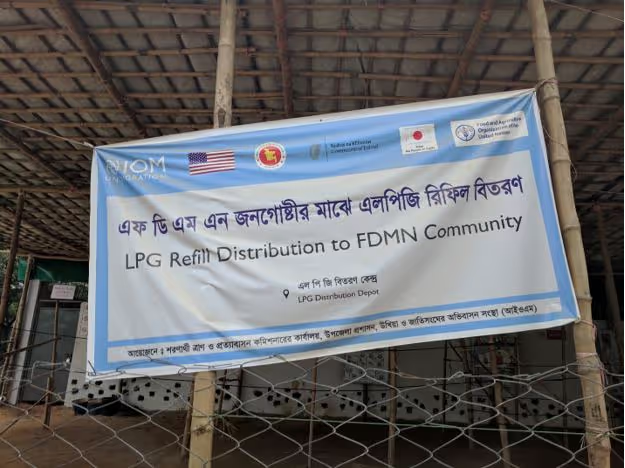
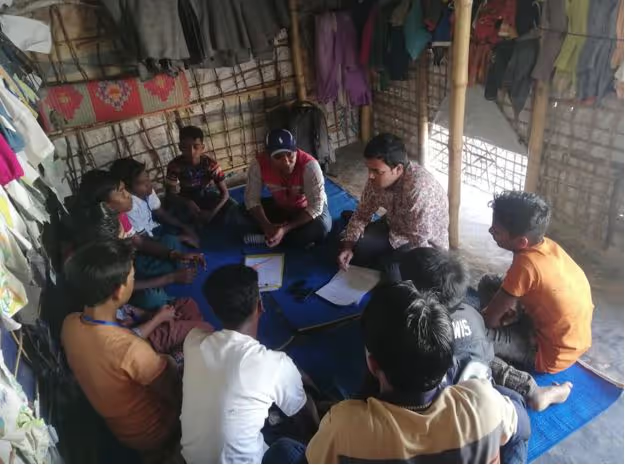
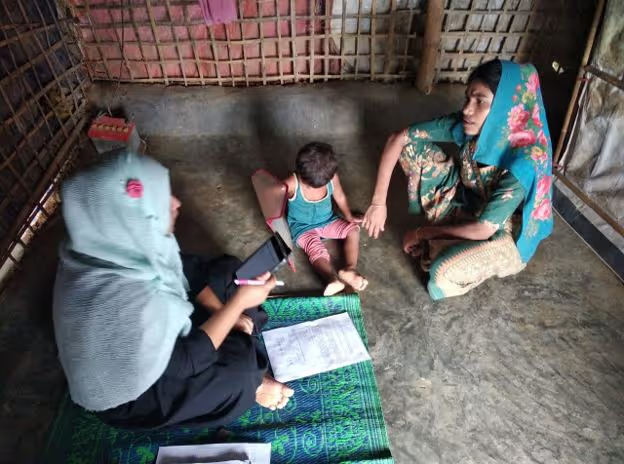
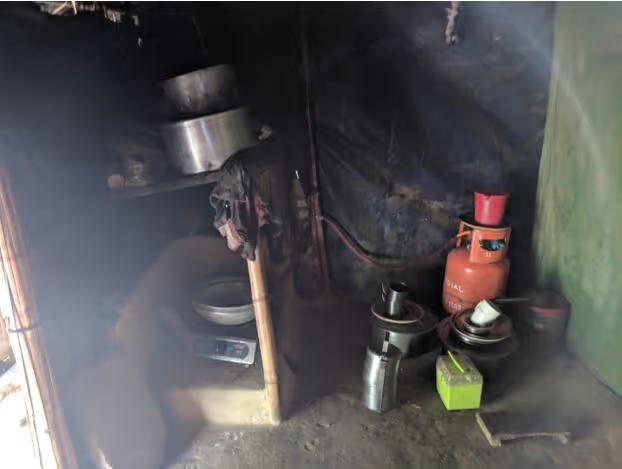
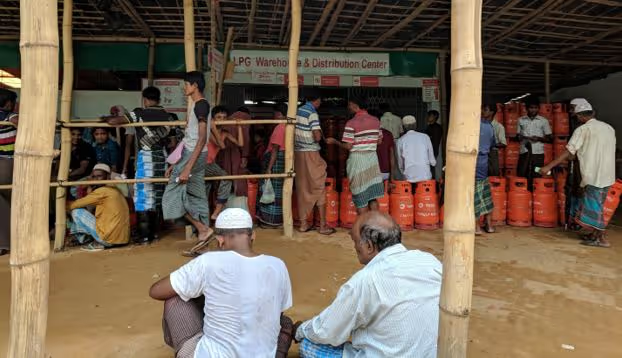
Stay updated
Sign up for our newsletter to receive regular updates on resources, news, and insights like this. Don’t miss out on important information that can help you stay informed and engaged.
Related articles
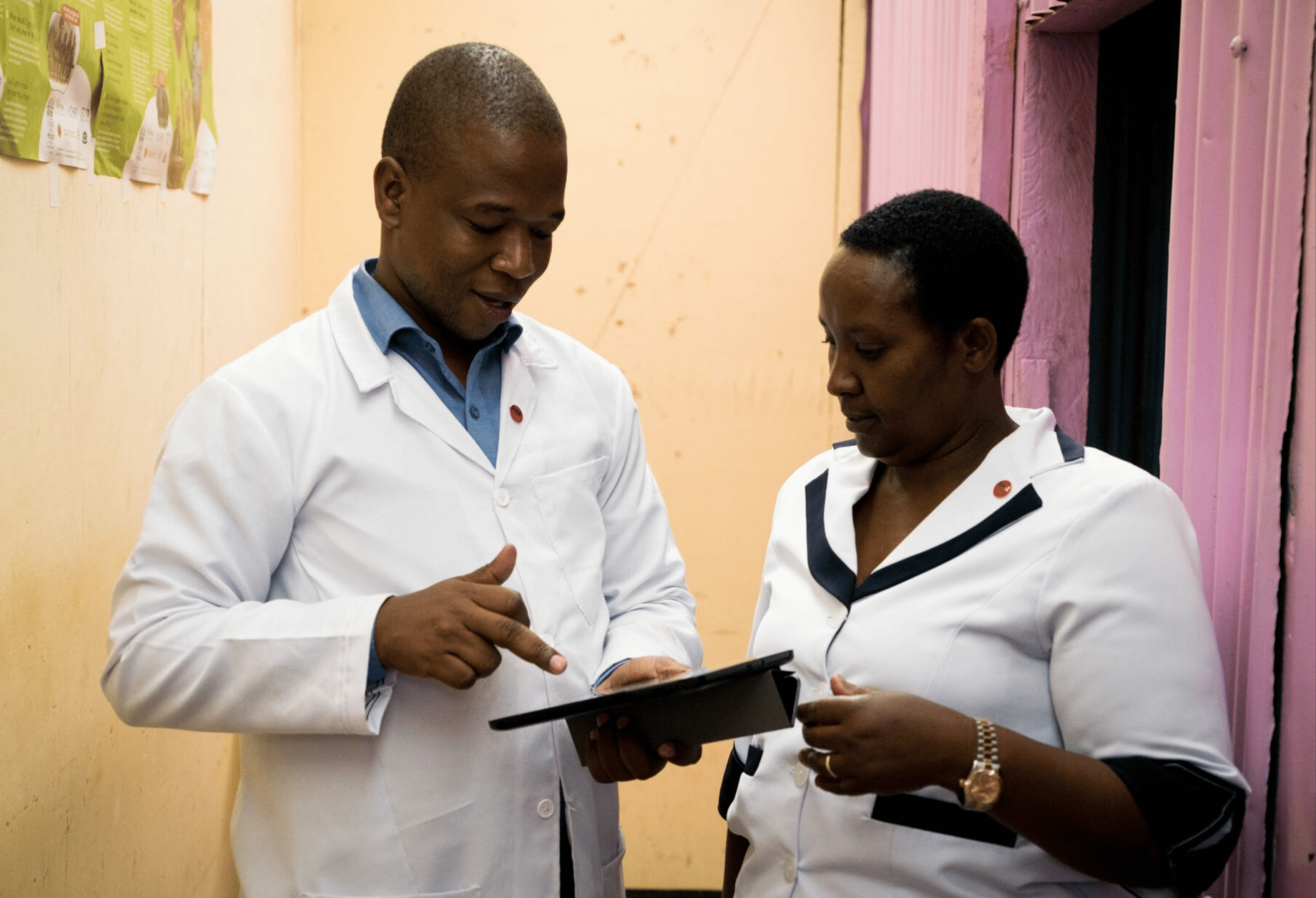
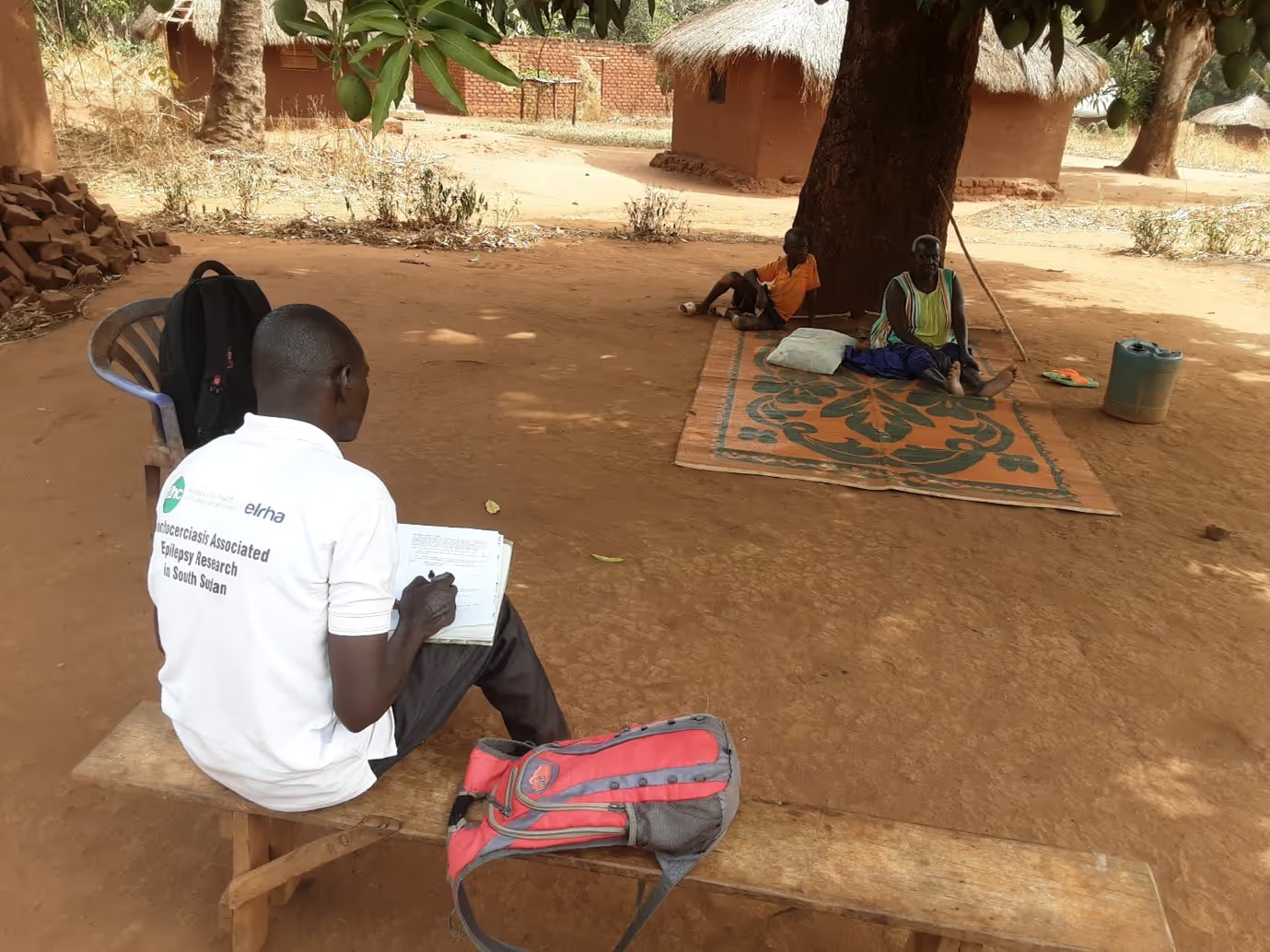
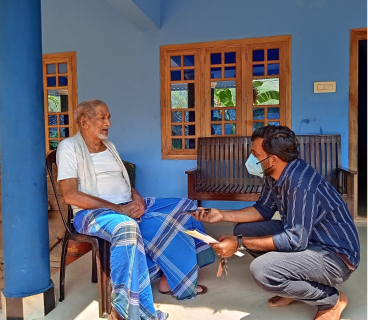
Explore Elrha
Learn more about our mission, the organisations we support, and the resources we provide to drive research and innovation in humanitarian response.